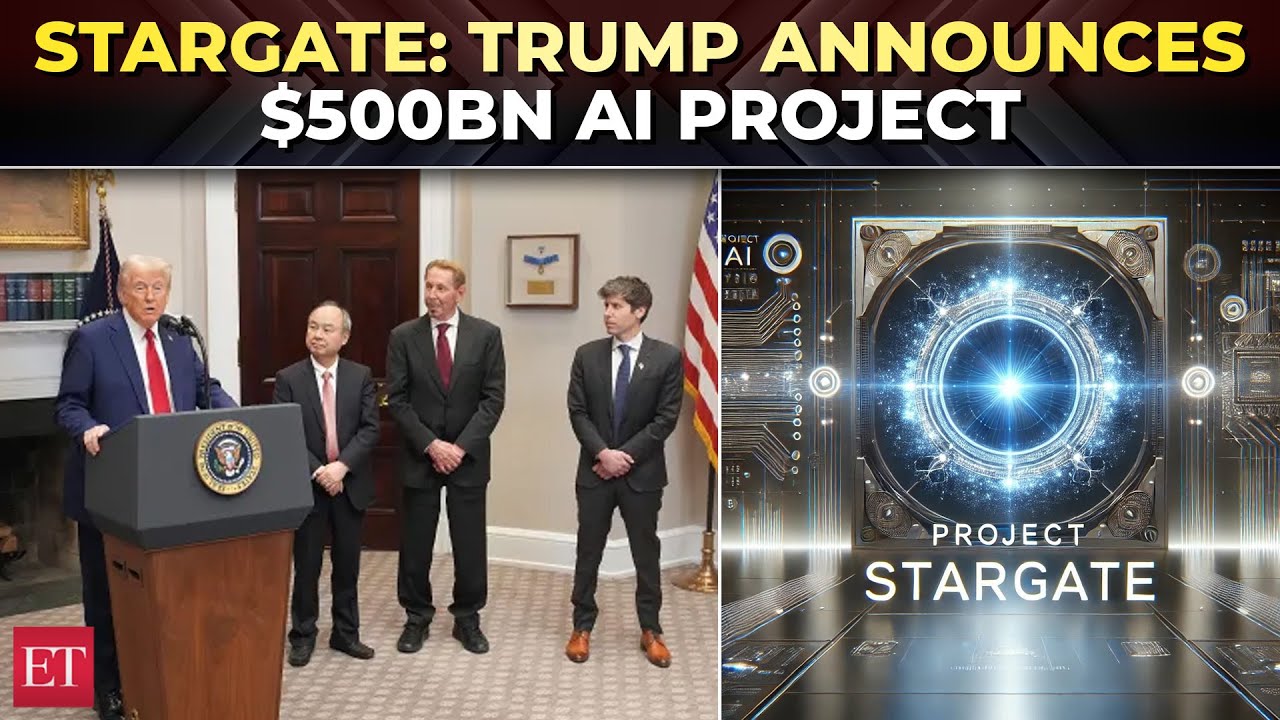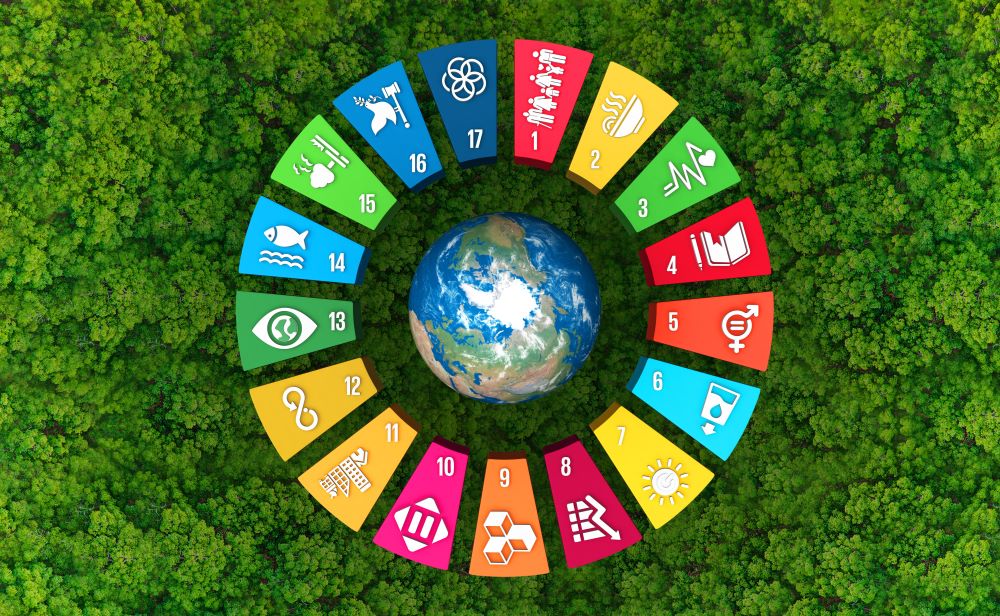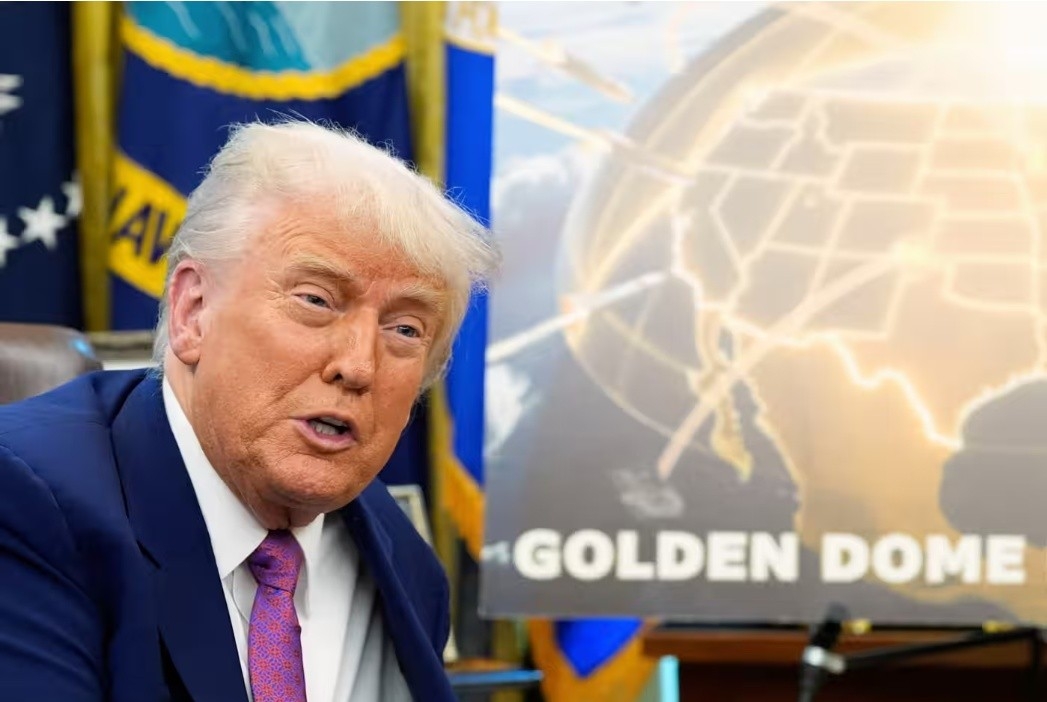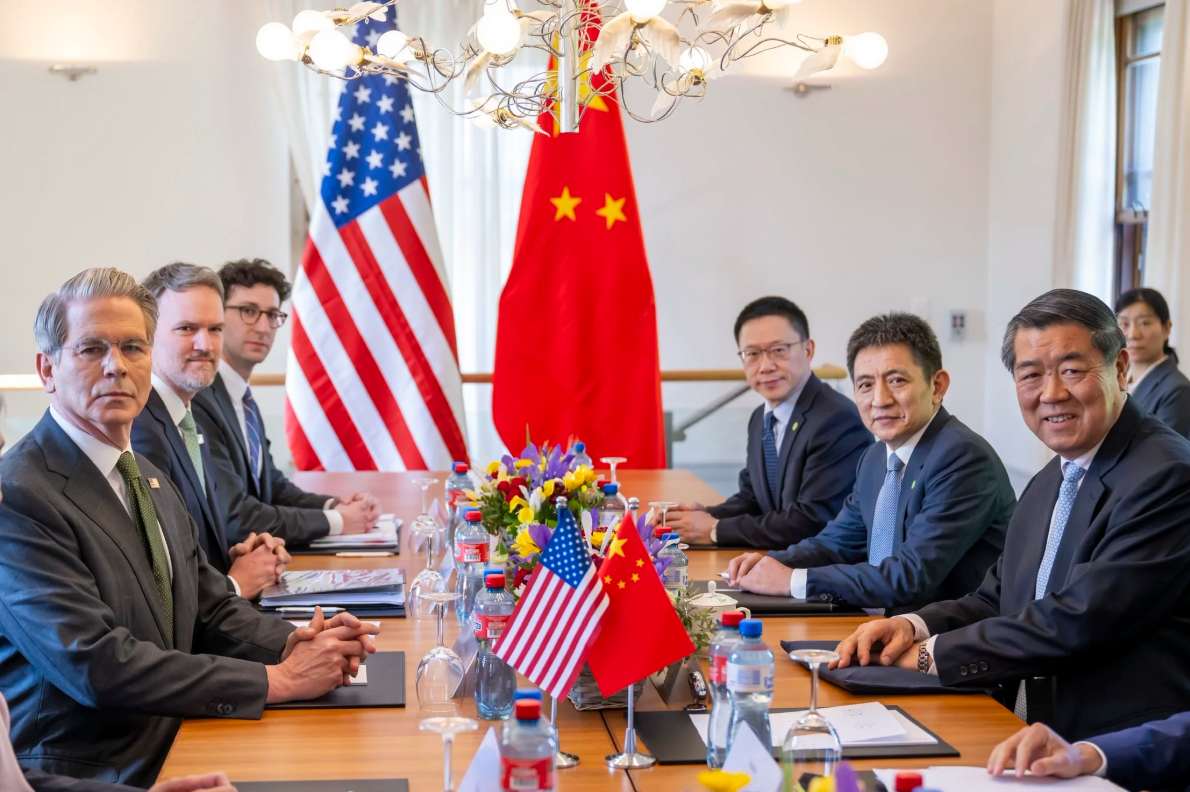
Tang Xinhua, Associate Researcher, Tsinghua University’s Institute of International Relations
Jun 27, 2025
The United States is moving aggressively to solidify its technological dominance. This has become the core logic behind its efforts to reshape the global order. But the best approach for the world is to develop a model of cooperation rooted in mutual benefits and shared gains.

Sheng Zhonghua, Researcher and Postdoctoral Fellow, Centre on Contemporary China and the World, The University of Hong Kong
Jun 19, 2025
AI governance is a shared global challenge, and China and the U.S., as major AI powers, face new risks and challenges with Trump's return to the White House, making cooperation neither wholly pessimistic nor optimistic. A transactional "strategic stability dialogue" should be established to build trust, manage competition, rather than direct rivalry, and ensure transparency and rationality in AI governance despite rising tensions.

Zhou Xiaoming, Former Deputy Permanent Representative of China’s Mission to the UN Office in Geneva
Jun 18, 2025
Imperialist, exploitative and egocentric — these words describe U.S. policy on the Global South. The policy is deeply ingrained in Trump MAGA agenda, but it’s a loser in the long run.
Kishore Mahbubani, Dean of the Lee Kuan Yew School of Public Policy, National University of Singapore
Jun 06, 2025
U.S. President Donald Trump’s tariffs – especially the ultra-high “reciprocal tariffs” that he says will be reintroduced on July 8 for any country that has not struck a trade deal with his administration – have sent countries around the world scrambling to respond, adapt, and limit the fallout. ASEAN’s ten members – Brunei, Cambodia, Indonesia, Laos, Malaysia, Myanmar, the Philippines, Singapore, Thailand, and Vietnam – have been among the most proactive.

Nong Hong, Executive Director, Institute for China-America Studies; Senior Fellow, Beijing Club for International Dialogue
Jun 02, 2025
The trajectory of deep-sea mining remains uncertain. The U.S. and China represent opposite ends of the governance spectrum — one unilateral and rapid, the other multilateral and cautious. Whether these paths will converge or remain in tension is unclear.

Dong Yifan, Associate Research Fellow, Belt and Road Academy of Beijing Language and Culture University
Jun 02, 2025
The European establishment has ramped up its efforts to counter far-right forces, a move that will profoundly shape transatlantic relations in the Trump 2.0 era.

Wang Zhen, Professor and Deputy Director, Institute for International Relation Studies, Shanghai Academy of Social Sciences
Jun 02, 2025
The Trump administration’s confused and misplaced understanding of its own national “interests” and “threats” will not only fail to help resolve the enormous domestic challenges facing the United States but will lead it further down the wrong track.

Guo Xiaobing, Director of the Center for Arms Control Studies, China Institutes of Contemporary International Relations
Jun 02, 2025
It has been described it as strategically meaningless, technically meaningless and economically meaningless. Yet this defense system could lead the world into conflict by destabilizing global strategic forces.

Warwick Powell, Adjunct Professor at Queensland University of Technology, Senior Fellow at Beijing Taihe Institute
May 30, 2025
In the week of 25th May 2025, Kuala Lumpur played host to a landmark event: the inaugural ASEAN-GCC-China Summit. It brought together Southeast Asian nations, the Gulf states, and China - three pillars of the emerging multipolar order - in a signal moment of strategic realignment. While headlines may focus on trade, energy, and infrastructure cooperation, the deeper story lies in a quiet revolution in how the world’s fastest-growing economies trade, settle, and invest - increasingly without the U.S. dollar.

He Weiwen, Senior Fellow, Center for China and Globalization, CCG
May 30, 2025
Values laid out by China and the United States — equality, mutual respect and mutual benefit — will keep trade tensions under control through practical results and stabilize the important trade relationship.
Back to Top

- China-US Focus builds trust and understanding between the U.S. and China through open dialogue among thought leaders.
- Our Offerings
- Topics
- Videos
- Podcasts
- Columnists
- Research Reports
- Focus Digest
- Stay Connected
-
Thanks for signing up!
- Get the latest stories from China-US Focus weekly.